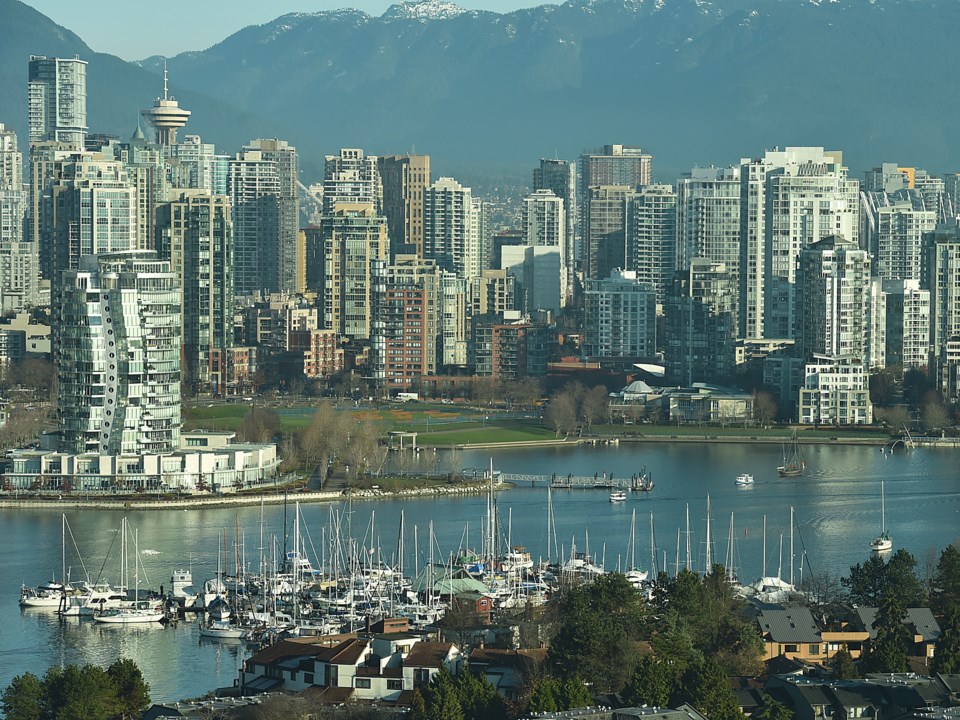My take on the NDP affordable housing strategy: they wimped out.
So I find it amusing to watch while people set their hair on fire over the provincial government’s modest attempts to cool down the real estate market.
The influx of Chinese — excuse me — foreign capital has been at the heart of escalating real estate values here and many places around the globe.
Anne McMullin, the CEO of the Urban Development Institute, was left to sing that same old song: we need more supply to increase affordability. She also predicted that adding or increasing taxes such as the foreign buyers’ tax will only drive prices up.
But the simple fact is, as a number of academics have concluded, and the Globe and Mail’s Kerry Gold has reported, the problem is not supply — it is a matter of the right kind of supply. We produce more new units of housing per person coming into Metro Vancouver than Toronto or Calgary. But it is the kind of supply that appeals to wealthy foreign and domestic speculators not your average working stiff.
If, as Simon Fraser University’s Andy Yan points out, you can only afford a Honda and all the cars in the show room are Lamborghinis, well, welcome to Vancouver.
It seems unlikely that nothing the provincial government does will stop speculation at some level. We are, historically, hooked on land speculation. It has been a Vancouver addiction since before the great fire of 1886. Hustling real estate, flipping property, was imbedded as a socially acceptable activity even before the Canadian Pacific Railway agreed to extend its rail line from Port Moody to Coal Harbour. And the CPR didn’t get that massive land grant — most of the city of Vancouver — from the province in exchange for that rail line extension because they wanted to set up a dairy farm.
Of course, Metro Vancouver isn’t the only place plagued by housing affordability. That why the NDP’s proposed changes extend beyond here and will include Victoria, Nanaimo and bits of the Okanagan. This has caused the mayor of Kelowna, Colin Basran, to have a severe case of the vapors. “There may be some dire unintended consequences,” he gasped to the CBC. He predicted that taxes like the empty home tax “is potentially going to stop people from investing in our economy.”
Exactly. Because that is part of the problem: Housing is treated as a commodity, like a stock share to make a profit off of and not a place to live.
Barrie McKenna, writing in the Globe and Mail. is even more alarmist. He says if B.C.’s Minister of Finance Carol James “gets her hoped for real estate correction, it could push many home owners into default, depress retirement savings and even trigger a recession.” Wow.
Of course it is not declining house prices that would stretch people. Assuming they could handle their mortgage payments when they bought their house, it would be raising interest rates that may cause them grief.
He also argues parents will have less money to pass on to their kids if prices drop. Well, if prices drop, the kids will need less money to buy their little piece of heaven. Of course, he may want to talk with Anne McMullin (see above) about her prediction that prices will actually go up as a result if the NPD’s measures.
In fact, if I have any criticism of the plan introduced in the NDP’s budget last month, it is this: It simply did not go far enough. At the very least they should have banned foreign ownership of residential property in this province.
Last month Premier John Horgan headed out on a trip to Asia as generations of Canadian premiers and prime ministers have done before him, searching for foreign business and foreign capital to be invested here. Before he left he had this to say about banning foreign ownership of residential property as is done in New Zealand: “British Columbia is the gateway to Canada and I don’t believe we should be curbing people from coming here. I’m the child of an immigrant. Virtually everyone I see here is the child of an immigrant.”
Nobody asked about immigrants. But his answer reminds us that one major reason for the housing affordability problem is that governments of every stripe crave real estate-generated foreign capital filling their treasury to the point they are willing to be duplicitous.
This column has been revised since first published.



